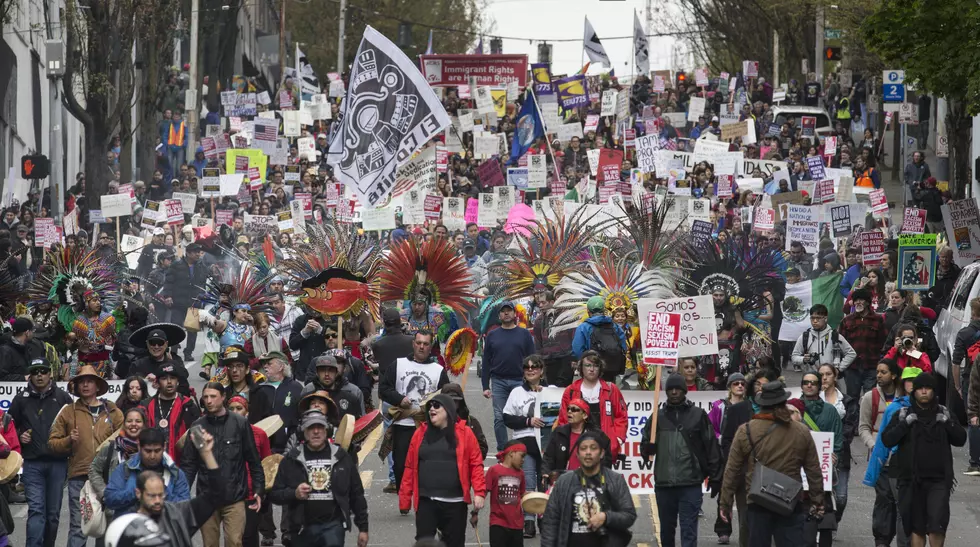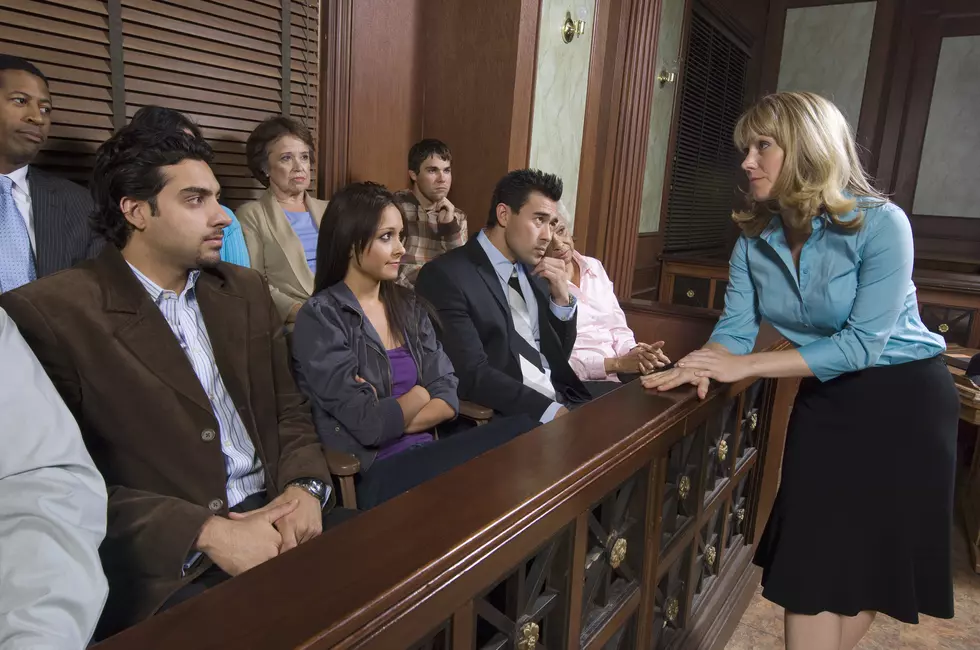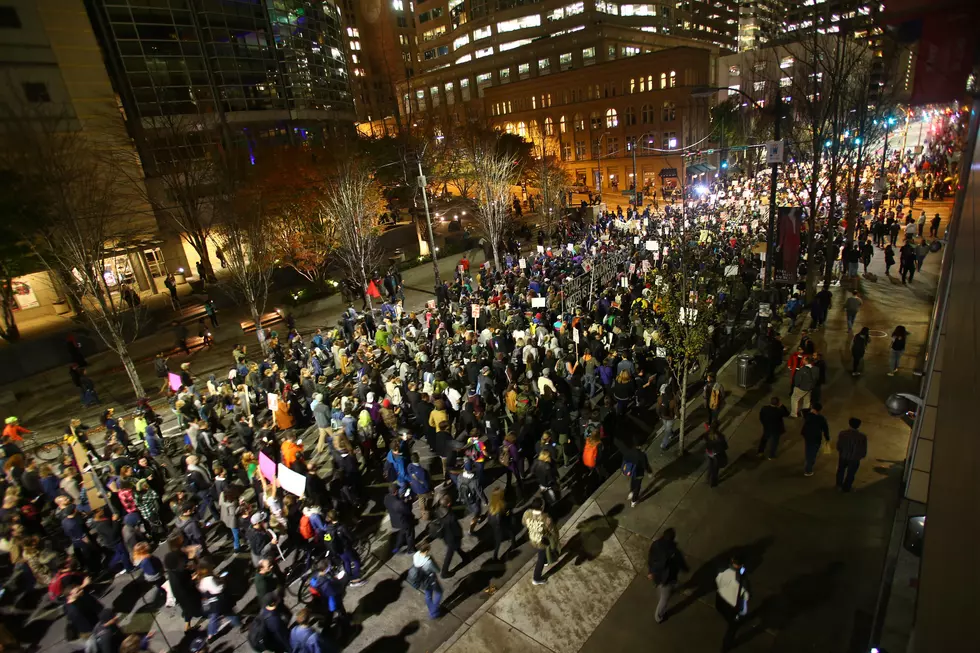
Protests Rage On In Libya
TRIPOLI, Libya -- Forces loyal to Muammar Qaddafi fired tear gas at protesters in Tripoli on Friday as a fierce crackdown that has terrorized parts of the capital the past week seemingly smothered attempts to revive demonstrations calling for the Libyan leader's ouster.
More than 1,500 protesters marched out of the Murad Agha mosque after noon prayers in the eastern Tripoli district of Tajoura, chanting "the people want to bring the regime down" and waved the red, black and green flag of Libya's pre-Qaddafi monarchy, adopted as the banner up the uprising.
But pro-Qaddafi forces quickly moved in. They fired volleys of tear gas and -- when the marchers continued -- opened fire with live ammunition, according to witnesses.
It was not clear if they fired at the crowd or into the air, but the protesters scattered, many of them taking refuge back in the mosque, according to an Associated Press reporter at the scene. A doctor said several people were wounded and taken to a nearby hospital.
The clampdown underscored the strong hold Qaddafi has maintained over Tripoli, in stark contrast to much of the country. The entire east has fallen into the hands of the rebellion, as have several cities in the west close to his bastion in the capital. The rebels -- ragtag forces of armed residents backed by some military units -- have repelled repeated attacks by pro-Qaddafi forces trying to take back their territory.
That has made control of Tripoli crucial for Gahdafi. His loyalists have taken fierce action to ensure protesters cannot rise up and overwhelm the city as they have in other places.
Last week, Friday marches were met by barrages of gunfire from militiamen shooting into crowds, killing a still undetermined number. Since then, pro-Qaddafi forces have carried out a wave of arrests against suspected demonstrators, snatching some from their homes in nighttime raids, instilling fear in the most restive neighborhoods.
"All these people are threatened with death," said a 35-year-old among the Tajoura protesters Friday. "We have no education, no economy, no infrastructure. ... We want nothing but the end of the regime. We were born free but he is suppressing us." He said he had recently had kidney surgery, but "look at me, still I went out with the people because we are oppressed people."
"I am not afraid," said another man in the march. "We want to show the world that we are not afraid."
They and others in Tripoli spoke on condition of anonymity for fear they could be hunted down by security forces like other protesters.
The fear seemed to have had an impact, and some protests in other parts of the capital didn't get off the ground. One resident said he went to prayers at a downtown mosque and found police officers standing outside to ensure no one marched. After prayers, the worshippers dispersed without protests.
Instead, dozens of Qaddafi supporters turned up for a counterdemonstration in Tripoli's central Green Square, waving green flags.
Before prayers, the worshippers gathering inside the Murad Agha mosque debated what to do. They said messages between Tripoli organizers were being aired on radio being aired from Benghazi, the main city in the opposition-held east, and audible in the capital.
At one point, they decided to hold a sit-in inside the mosque to avoid coming under gunfire by stepping outside. In the mosque's courtyard, they burned a copy of the Green Book, Qaddafi's political manifesto, as well as the green flag of Qaddafi's Libya.
At the same time, young men from the neighborhood transformed a nearby square, tearing down posters of the Libyan leader and replacing them with the flags. They spray-painted walls with graffiti reading, "Down with Qaddafi" and "Tajoura will dig your grave."
In the end, the 400 worshippers in the mosque decided to march, joined by hundreds of others.
Ahead of the planned protests, Internet services, which have been spotty throughout Libya's upheaval, appeared to be halted completely in Tripoli on Friday. Renesys Corp., a Manchester,New Hampshire, company that maps the pathways of the Internet, said it wasn't able to reach any of the websites it tried to access inside Libya on Friday. Google's transparency report, which shows traffic to the company's sites from various countries, also showed that Internet traffic had fallen to zero in Libya.
More From News Talk KIT









